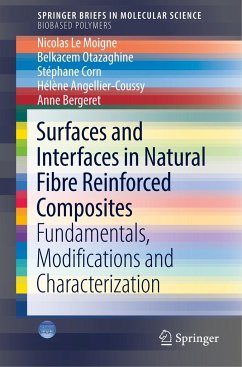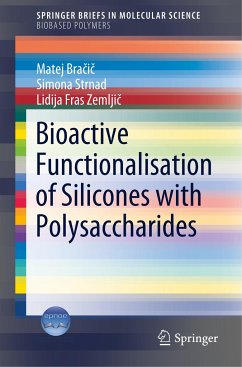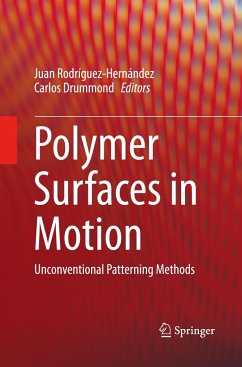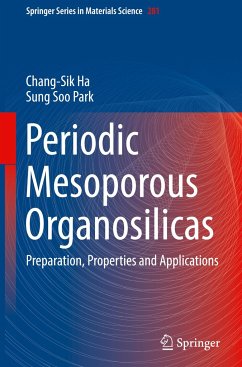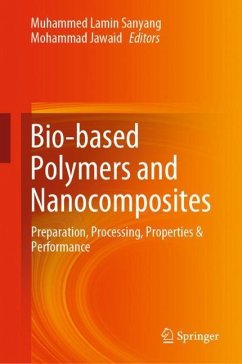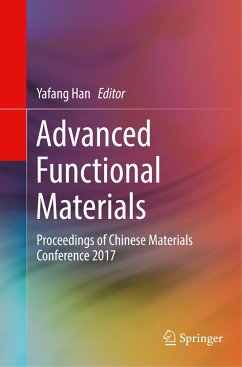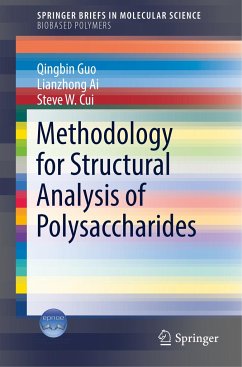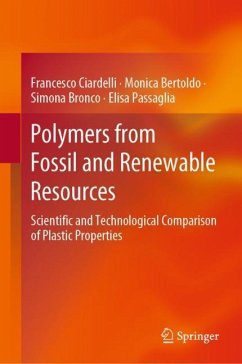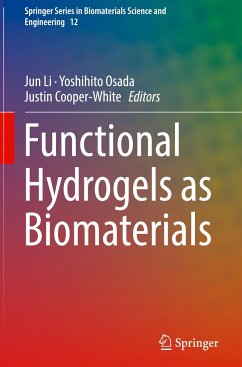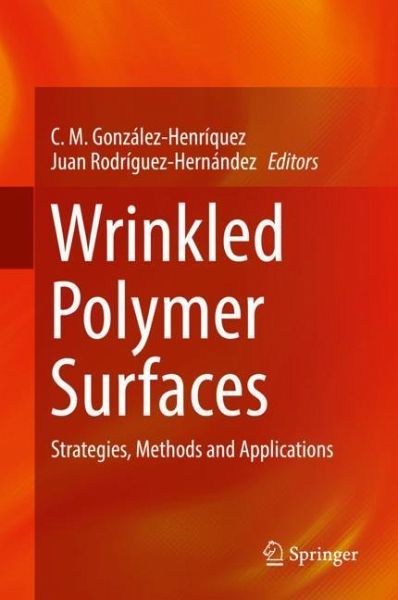
Wrinkled Polymer Surfaces
Strategies, Methods and Applications
Herausgegeben: González-Henríquez, C. M.; Rodríguez-Hernández, Juan

PAYBACK Punkte
53 °P sammeln!
This book presents the state of the art in surface wrinkling, including current and future potential applications in biomedicine, tissue engineering, drug delivery, microfluidic devices, and other promising areas. Their use as templates, flexible electronics, and supports with controlled wettability and/or adhesion for biorelated applications demonstrate how the unique characteristics of wrinkled interfaces play a distinguishing and remarkable role. The fabrication approaches employed to induce wrinkle formation and the potential to fine-tune the amplitude and period of the wrinkles, their fun...
This book presents the state of the art in surface wrinkling, including current and future potential applications in biomedicine, tissue engineering, drug delivery, microfluidic devices, and other promising areas. Their use as templates, flexible electronics, and supports with controlled wettability and/or adhesion for biorelated applications demonstrate how the unique characteristics of wrinkled interfaces play a distinguishing and remarkable role. The fabrication approaches employed to induce wrinkle formation and the potential to fine-tune the amplitude and period of the wrinkles, their functionality, and their final morphology are thoroughly described. An overview of the main applications in which these buckled interfaces have already been employed or may have an impact in the near future is included.
Presents a detailed description of the physical phenomena and strategies occurring at polymer surfaces to produce wrinkled surface patterns;
Examines the different methodologies to produce morphology-controlled wrinkled surface patterns by means of physical and chemical treatment methods;
Provides clear information on current and potential applications in flexible electronics and biomaterials, which are leading the use of these materials.
Presents a detailed description of the physical phenomena and strategies occurring at polymer surfaces to produce wrinkled surface patterns;
Examines the different methodologies to produce morphology-controlled wrinkled surface patterns by means of physical and chemical treatment methods;
Provides clear information on current and potential applications in flexible electronics and biomaterials, which are leading the use of these materials.






